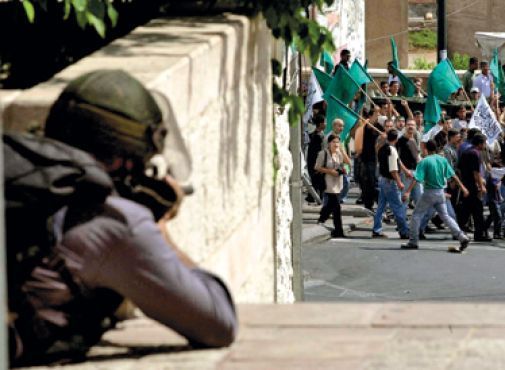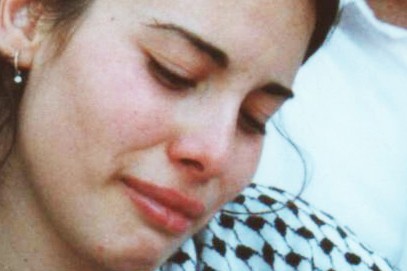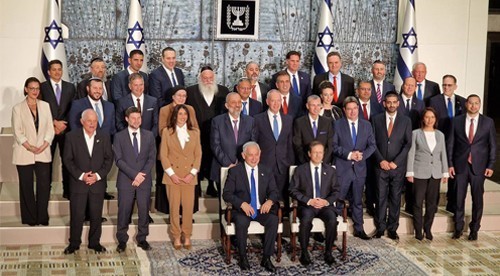Adalah petitions Supreme Court to instruct police to release body of deceased East Jerusalem minor to his family
On 7 April 2016, Adalah on behalf of Mr. Ahmad Ewisat, submitted a petition to the Israeli Supreme Court demanding that the police be ordered to release the body of his deceased son, Mu’taz Ewisat, 16-years old, which they have been holding for about six months.
The police shot and killed Mu’taz Ewisat on 17 October 2015. According to police, he tried to stab a police officer, and was therefore shot to death. However, the Ewisat family denies these claims and demanded an autopsy of the body in order to clarify the circumstances of the shooting and killing. The police initially refused to conduct or allow an autopsy; they only agreed after the filing of a petition to the Supreme Court by Adalah and Addameer: Prisoner Support and Human Rights Organization (See HCJ 2086/16, Ahmad Ewisat v. The Israel Police). The autopsy was conducted and viewed by an independent Palestinian doctor on 21 March 2016. Now, the Ewisat family demands that their son’s body be released to them for a funeral and his burial.
Adalah Attorney Nadeem Shehadeh argued in the petition that the state violated the agreement that it signed with the family: "This petition is being filed after the signing of an agreement [by the state] with a representative of the deceased on the release of Mu’taz Ewisat’s body on 29 February 2016. While the body was to be returned "in the coming days,” after the signing of the agreement, more than a month has passed, and the family has not yet received the body as promised and could not bury their son.”
Adalah further argued that the state’s failure to release the body violated the family’s constitutional rights and disrespected the dignity of the deceased and his family: "Everyone has the right to be buried quickly, honorably and properly. It is an integral part of the right to dignity, because human dignity is not only the dignity of a man’s life, but also his dignity in death. The deceased’s right to dignity, as well as that of his loved ones in this regard, has been recognized in [Israeli Supreme Court] caselaw as part of a constitutional human right to dignity enshrined in the Basic Law: Human Dignity and Liberty."
In addition, Attorney Shehadeh contended that the police exceeded its authority and thus, acted illegally: "There is no provision in the law that authorizes the respondent [the police] to keep the body in question. Not by chance, the respondents did not specify any law authorizing them to hold the body. Such a matter, a fundamental human rights concern, should be regulated in primary legislation. No primary legislation either directly or indirectly gives the respondent authority to hold the body. Therefore, the respondent is operating with an extreme lack of authority."
Moreover, Adalah argued in the petition that the deceased’s body is being held for an improper purpose: "Holding the deceased’s body is made for purely political considerations ... This Honorable Court has ruled that no harm to constitutional rights may be based on political considerations, and general policy considerations which are both foreign to the authority granted, and which do not indicate a concrete and significant security risk."
In view of the above, Adalah demanded that the Supreme Court order the police to release the body of their son to the Ewisat family.
Case citation: HCJ 2882/16, Ewisat v. The Israel Police et al. (case pending)















